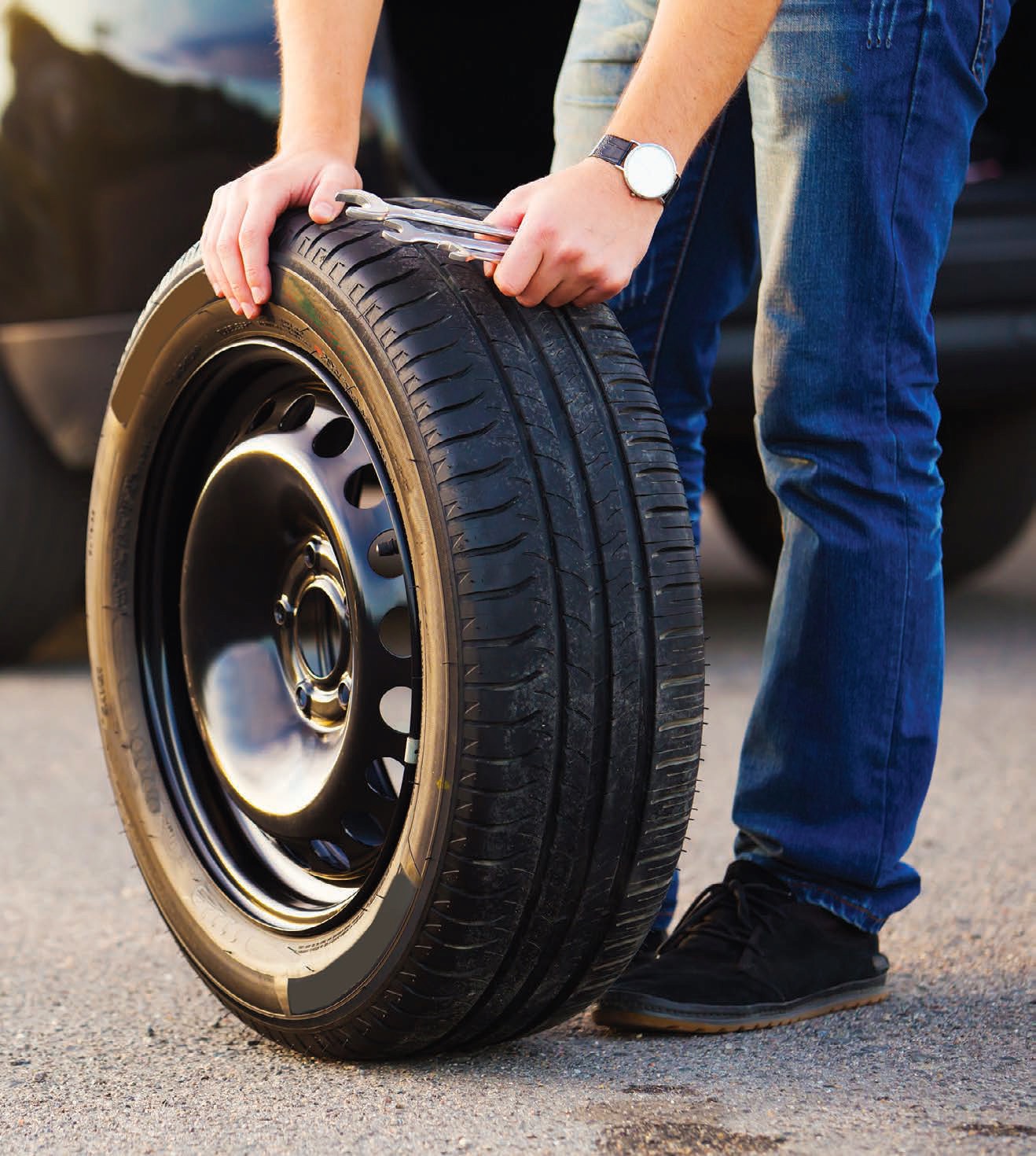Preventive preparation
Dr. Selim Erhan | TLT From the Editor September 2021
It’s important to be ready in certain situations in both our personal and professional lives.

There is an increasing focus on preventive maintenance—but I am going to suggest that we give more thought to a more personal area—
preventive preparation. You probably can’t find it in a Google search, but most of us practice it to some degree all our lives. I am referring to a thought pattern in the lines of, “What if I drop this; do I have a spare?” I probably pay more attention to this question, as I can’t see beyond my nose without glasses. On every trip, I carry spare lenses, spare solution, eyeglasses and, nowadays, reading glasses and spare reading glasses in separate bags, just in case one gets lost! Maybe I’m a bit paranoid, but it is horribly inconvenient on a trip to try and find these items.
We seldom extend this thought pattern to beyond the necessary items. In reality, like thinking about safety, this, too, involves a few additional steps most of the time. It takes seconds to think and a few minutes to prepare—to keep spare batteries, spare keys in case we get locked out, etc. When my kids were younger, my wife was like a magician, producing chocolate bars, drinks and all kinds of delicious items when they started getting hungry or we got stuck in traffic!
I hope we could extend the same pattern to our professional lives. I have an extreme example I want to share with you. I previously worked as a research scientist at the U.S. Department of Agriculture. We were working on industrial applications for vegetable oils that were known to have great properties and would add diversity to the U.S. agriculture. This specific project was on adding value to the Jojoba plant. Jojoba oil was very similar to sperm whale oil, which is no longer available due to hunting bans. However, it was very expensive. If we could find additional uses, the price of the oil would come down. Interestingly, the plant also had a sugar called Simmondsin, which seemed to suppress appetite. If we could prove this, it would have a huge impact. We needed a large amount to run various tests. My job was to run a plant trial.
We rented time from a large food plant, which had the capability to extract the sugar into water. Then we were going to concentrate the solution by running it through reverse osmosis equipment to concentrate it, so it could be dried on a spray dryer. We bought portable reverse osmosis equipment, and we set it up in our pilot plant to get familiar with the operation. The housing and pipes were made of steel except for two parts, the sight glass, which was plastic, and the holding rings for the sight glass, which also were plastic. As we were putting everything together, one of the rings cracked and broke. It was a blessing that I ordered a few spare ones.
The week of the trial, we loaded the reverse osmosis equipment into a rental truck and drove it to the plant in Minneapolis—some eight hours away. The time in the plant was very limited and was a significant part of the expense. The seeds had been shipped from California and had already been soaked to extract the sugar. We had a day or so before it would ferment. We set up the instrument, and as we were placing in the site glass and the ring, both rings broke! They were a few dollars compared to the enormous cost of the project. But if we did not have the spare rings, the whole trial would have been wasted and, moreover, we would have had to wait for the next crop cycle to repeat the trial.
I will finish with a thought from the Roman emperor Marcus Aurelius circa 160 AD, who was a great philosopher and left a very valuable book titled “Meditations.” I will quote one of his thoughts: “The art of living is more like wrestling than dancing, in that it stands ready for what comes and is not thrown by the unforeseen.”
Dr. Selim Erhan is director of business development for Process Oils Inc. in Trout Valley, Ill. You can reach him at serhan@processoilsinc.com.